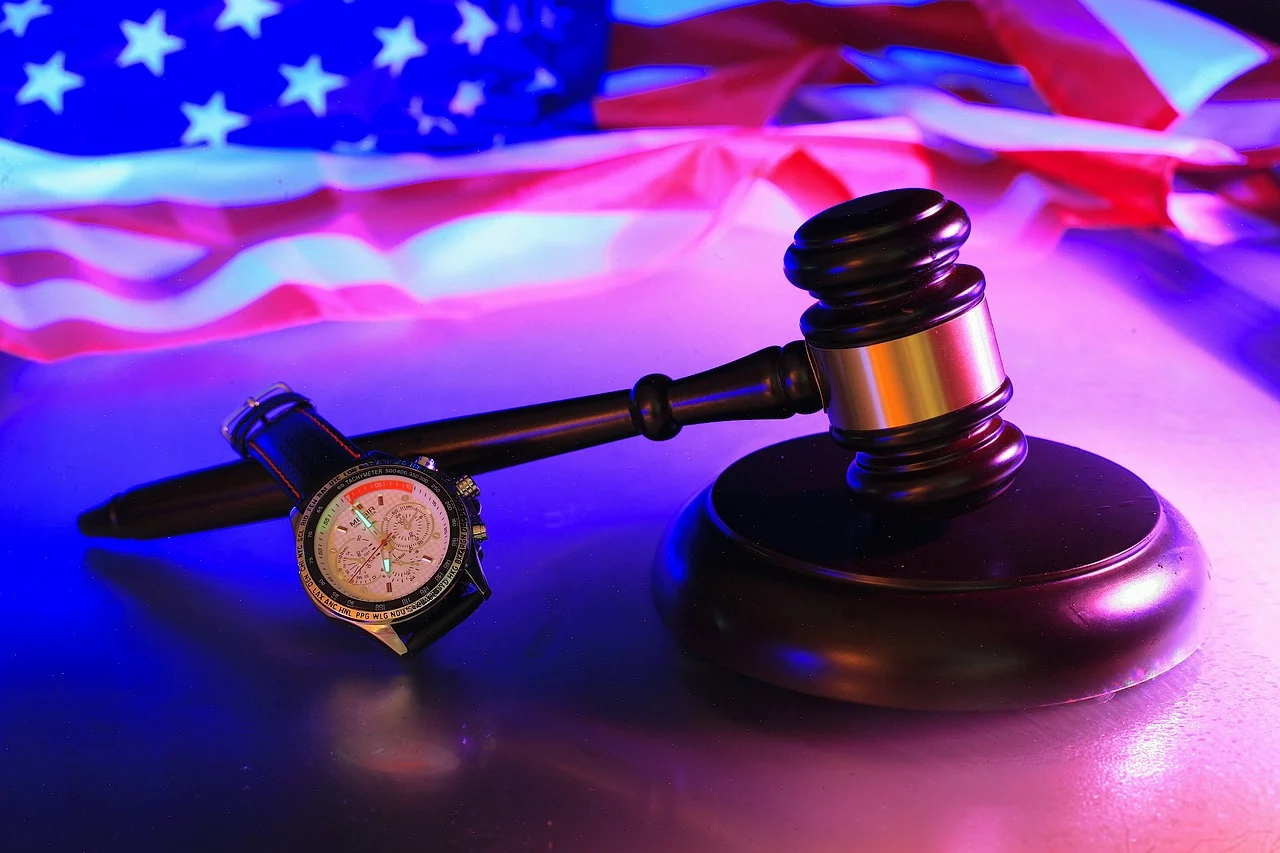The potential consequences of inflammatory rhetoric in political speeches, especially regarding how it can impact public perceptions of vulnerable groups, such as immigrants, and individuals like Vice President Kamala Harris should be of high importance and carefully considered. Here’s an exploration of how such speech might fall into categories of defamation or incitement, attacks and broader implications:
1. Defamation
Defamation involves making false statements about a person or group that damage their reputation. If rhetoric from a political figure makes false claims about individuals, including public officials like Kamala Harris, it could be seen as defamatory, especially if it:
- Misrepresents Actions or Character: If Trump or others make unsubstantiated claims about Harris’s character or qualifications, it could constitute defamation.
- Creates a False Narrative: Persistent false narratives about an individual can have significant reputational consequences.
2. Incitement to Violence
While legal definitions of incitement can be complex, speech that encourages or justifies violence against a particular group can cross a legal line. Factors to consider include:
- Context and Delivery: If the rhetoric is delivered in a way that encourages violence or hostility, it may be scrutinized under laws against incitement.
- Historical Precedent: There have been cases where political rhetoric has been linked to real-world violence, which can heighten the scrutiny of such speech.
3. Harmful Impact on Immigrants
Rhetoric that dehumanizes or vilifies immigrants can lead to:
- Increased Discrimination: Such speech can foster an environment where discriminatory attitudes become more acceptable, leading to harmful actions against immigrants.
- Violence and Hate Crimes: There is evidence suggesting that inflammatory rhetoric can correlate with an uptick in hate crimes and violence against marginalized communities.
4. Legal and Ethical Considerations
While the First Amendment protects a wide range of political speech, there are limits:
- Public Safety: Speech that poses a clear and present danger, or incites imminent lawless action, can be subject to regulation.
- Accountability: Politicians have a moral responsibility to consider the consequences of their words, especially when those words can incite division or violence.
5. Public Response and Responsibility
- Media and Fact-Checking: Journalists and fact-checkers play a critical role in countering misinformation and holding public figures accountable for their statements.
- Voter Engagement: Ultimately, public awareness and voter engagement are essential in addressing harmful rhetoric. Citizens can advocate for responsible discourse and challenge unfounded claims.
Conclusion
While the Madison Square Garden speech may not face legal repercussions under free speech protections, the implications of such rhetoric are profound. It can perpetuate harmful stereotypes, encourage discrimination, and defame individuals like Kamala Harris. Addressing the consequences of this kind of speech requires a collective effort to promote accountability, ethical discourse, and a commitment to truth in political communication. The health of all democratic society depends on it.



